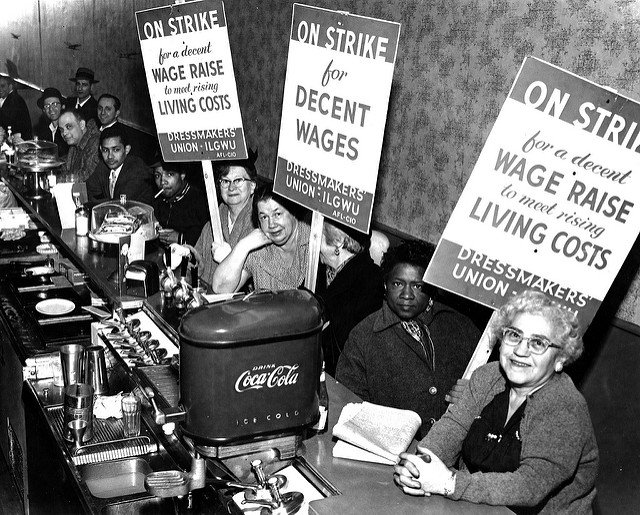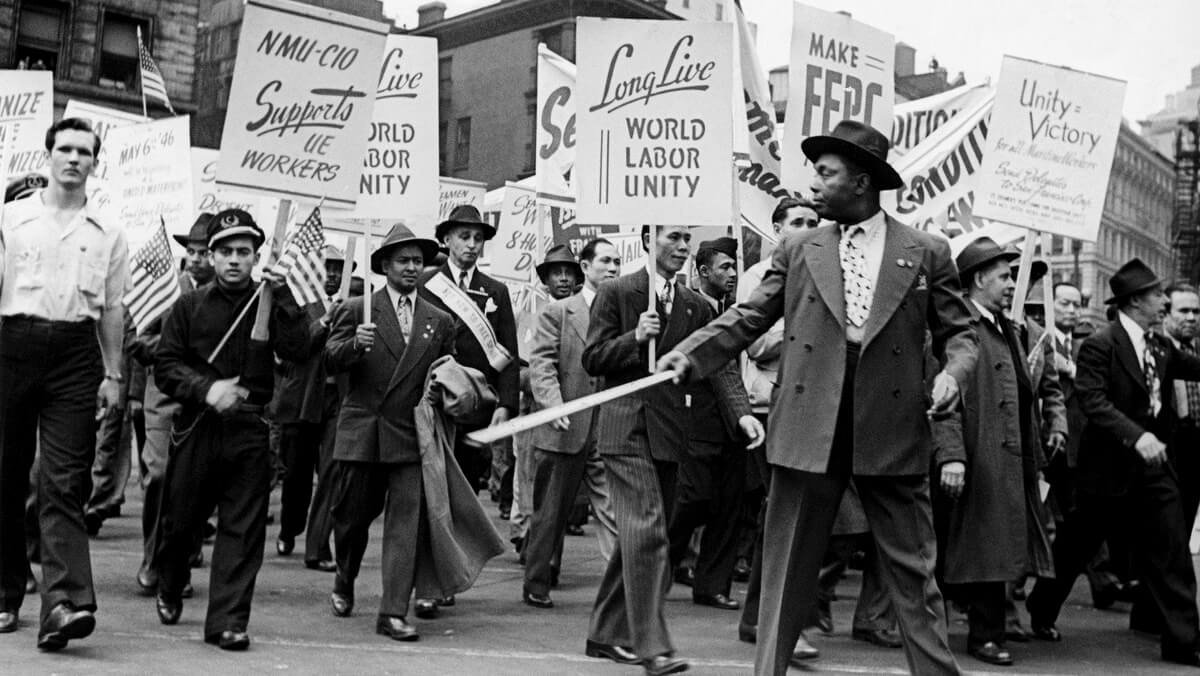
Minimum Wages
Key Takeaways:
Minimum wage is regulate by Federal, State, and local law.
The highest minimum wage in your jurisdiction is what you must be paid.
If you are paid less than minimum wage, or have any unpaid hours at all, you may also be entitled to double the minimum wage for any hour(s) in which you are under paid or not paid.
Every California employee is entitled to at least the minimum wage. What is minimum wage? Currently, California minimum wage is $15.50 per hour. It will increase to $16.00 per hour on January 1, 2024. Several local cities and counties have higher minimum wages, such as San Francisco, which has a minimum wage of $18.07 per hour.
There are a lot of misconceptions about minimum wage laws. Let’s dispel some of them here:
Unlike under Federal law, if you receive tips, your employer cannot credit your tips against the minimum wage. You must receive at least the minimum wage for every hour worked, without exception.
You cannot agree to work for less than the minimum wage. Any such contract is illegal.
Any unpaid hour of work is a minimum wage violation in California. Unlike Federal law, in California there is no "averaging" of a day's wages. This is all explained in the case of Armenta v. Osmose, Inc. It does not matter if your daily wages add up to more than the minimum wage when averaged against your total hours worked in a day. If you worked an hour for which you were not paid, that is a minimum wage violation. This comes up a lot in wage and hour litigation.
Adults and minors both must be compensated by at least the minimum wage. There is no difference.
In California, if you are owed minimum wages, you may also collect double whatever you are owed thanks to Labor Code section 1194.2. If you think you might be the victim of a minimum wage violation, contact us for a free consultation.
